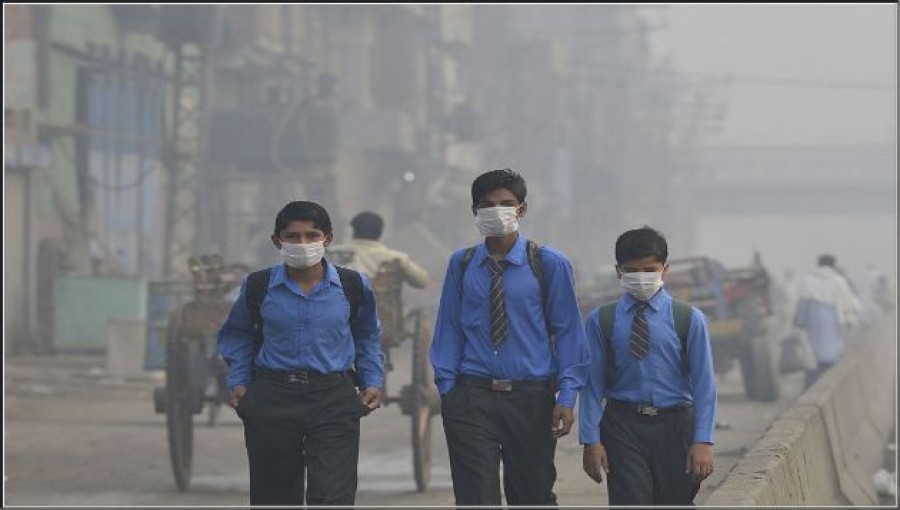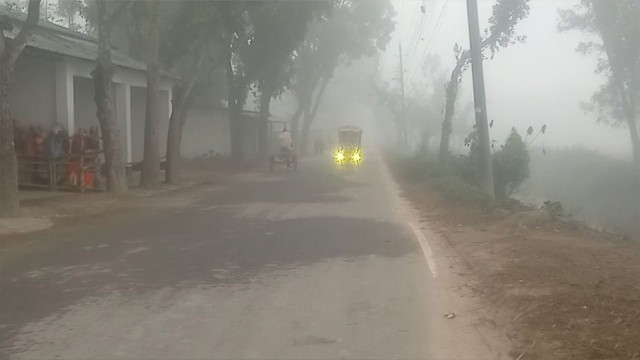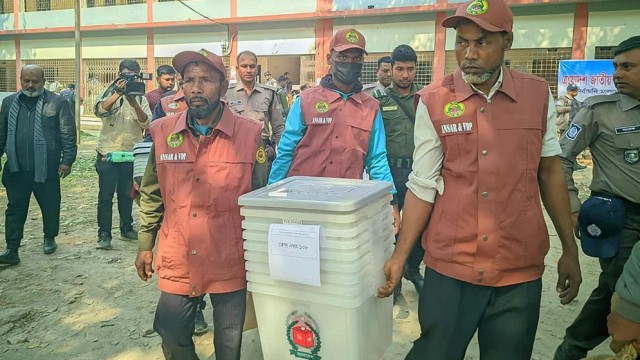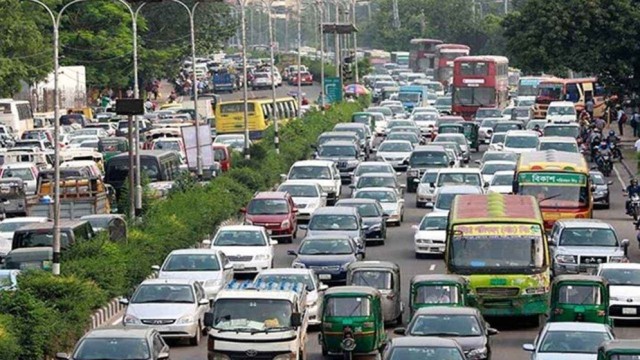The air quality in Dhaka remains poor, as it was listed as the eighth city in the world with the most polluted air today, with an AQI (Air Quality Index) score of 160 at 9 am on March 17, 2024. Lahore in Pakistan, Delhi in India, and Chiang Mai in Thailand were ranked first, second, and third on the list. Lahore had a score of 254, Delhi had 240, and Chiang Mai had 179.
Read: UN Climate Chief Optimistic About Breaking Deadlock on Emission Cuts
The AQI serves as a tool for reporting daily air quality, offering insights into how clean or polluted the air of a particular city is and the associated health effects that may be a concern. In Bangladesh, the AQI is based on the measurement of five pollutants: particulate matter (PM10 and PM2.5), nitrogen dioxide (NO2), carbon monoxide (CO), sulfur dioxide (SO2), and ozone.
Read: Government Aims to Transform Waste into Resources, Says Saber
The AQI value indicates the level of particle pollution in the air. When the AQI value falls between 101 and 150, the air quality is considered "unhealthy for sensitive groups." A range of 150 to 200 is classified as "unhealthy," while 201 to 300 is categorized as "very unhealthy." Any reading above 301 is deemed "hazardous," signifying significant health risks for residents.
Read: Report Highlights Under-Reporting of Methane Emissions from Indonesian Coal Mines
According to WHO, air pollution is responsible for an estimated seven million deaths worldwide each year. The increased mortality is primarily attributed to stroke, heart disease, chronic obstructive pulmonary disease, lung cancer, and acute respiratory infections.
Dhaka has long been grappling with air pollution problems, typically experiencing deteriorating air quality during winter and some improvement during the monsoon season. This issue has persisted, and the city continues to face challenges in combating air pollution effectively.






























Comment: